House training is one of the first and most important steps in raising a well-behaved dog. While most dogs learn with patience and consistency, some breeds are naturally more challenging to house train. This can be due to their independent nature, stubbornness, small size, or even high energy levels. Here are 10 dog breeds that typically take a little longer to get the hang of house training.
Dachshund
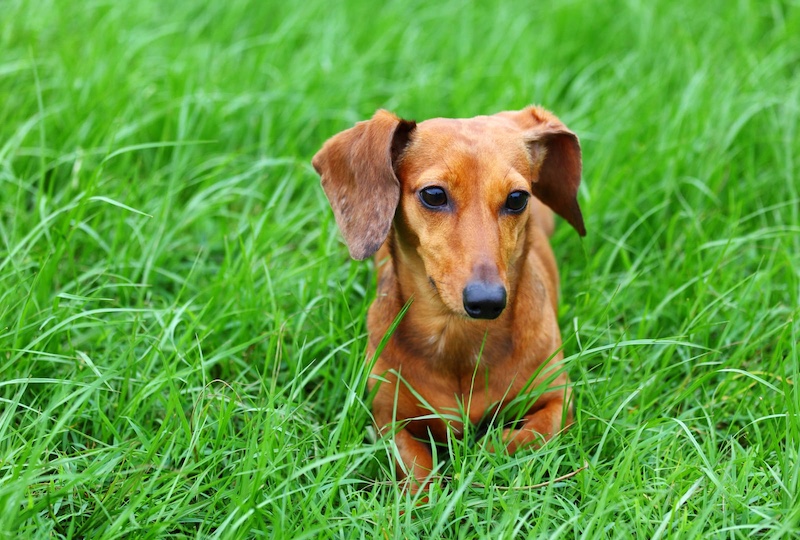
These small, spirited dogs are known for their stubborn streak. Dachshunds are intelligent, but their independent nature can make them resistant to training. Their tiny bladders also mean more frequent potty breaks are needed.
Chihuahua
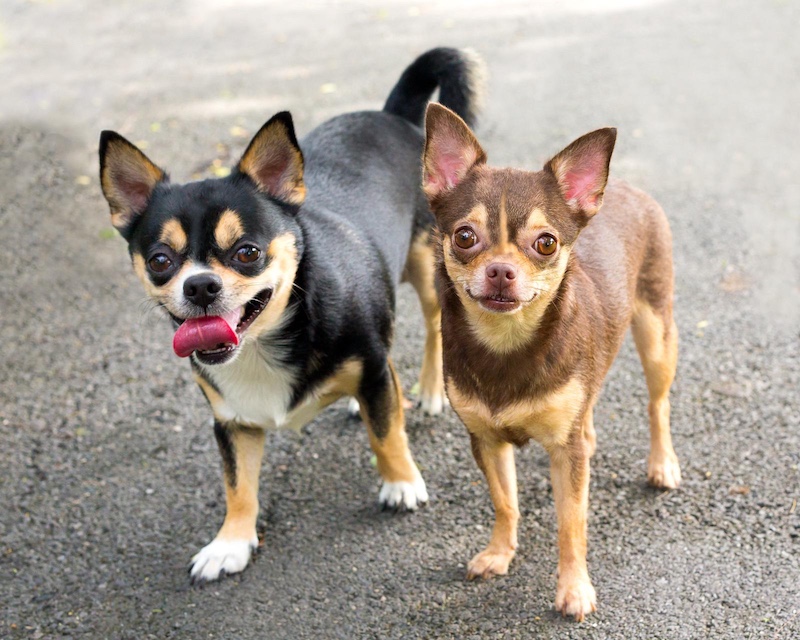
Chihuahuas can be notoriously difficult to house train. Their small size makes indoor accidents easier to overlook, which can delay progress. They also dislike cold or wet weather, which can make outdoor potty trips a challenge.
Basset Hound
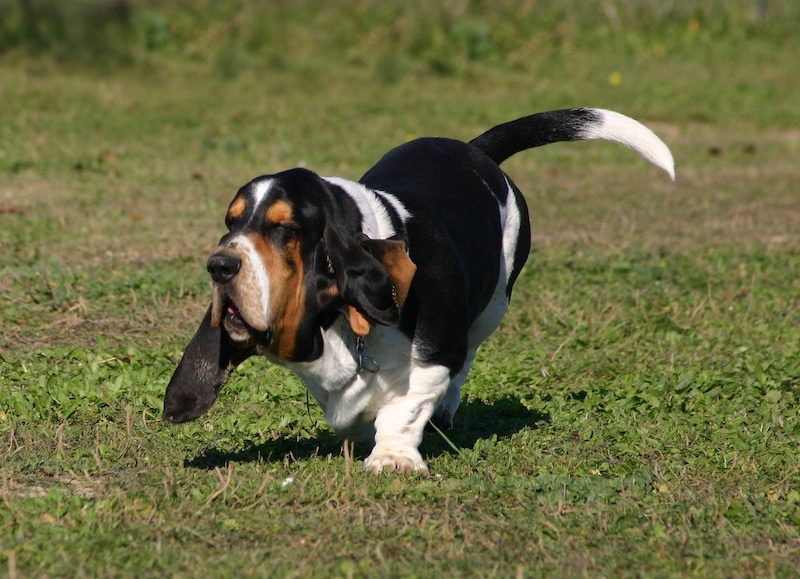
Basset Hounds are lovable but famously stubborn. Their laid-back nature may come across as laziness during training. They require a lot of patience, repetition, and positive reinforcement to succeed with house training.
Pekingese
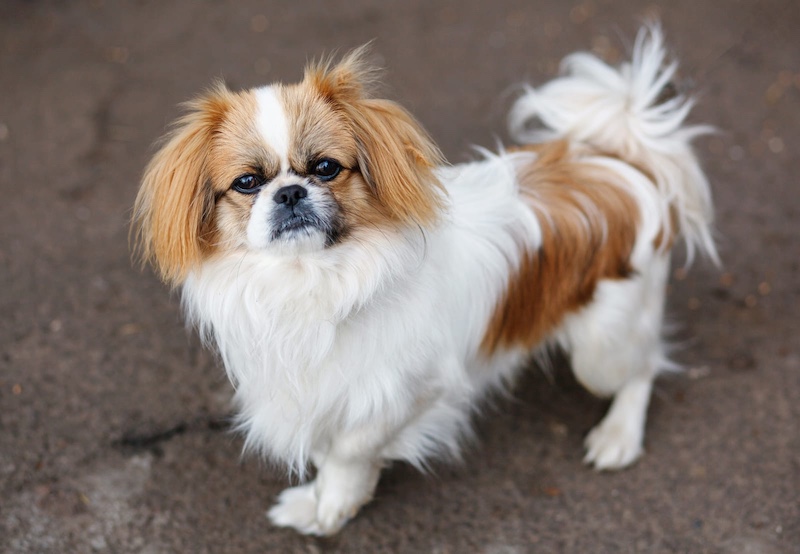
Pekingese dogs are independent and can be strong-willed. While intelligent, they often prefer to do things on their own terms. House training can be a slow process unless it’s approached with consistency and a gentle hand.
Jack Russell Terrier
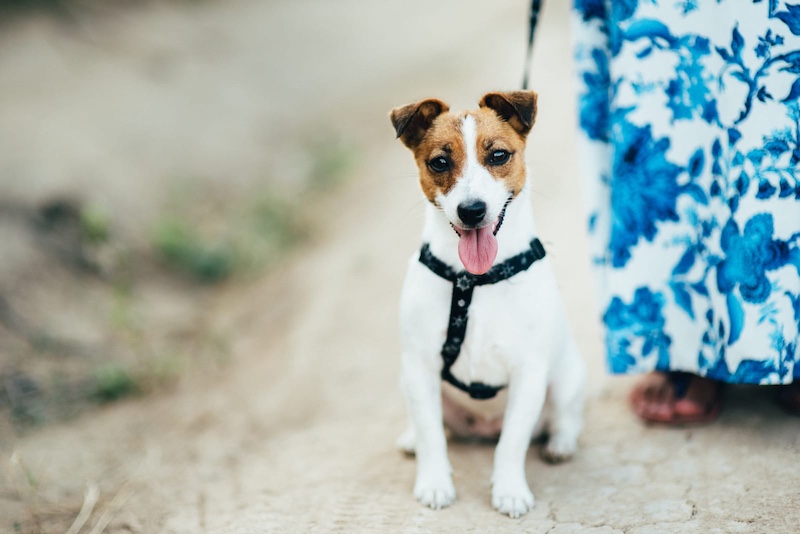
Energetic and intelligent, Jack Russells can pick up commands quickly—but that doesn’t always apply to house training. Their high energy can make it difficult for them to focus, and they may need more structure and supervision during the process.
Yorkshire Terrier
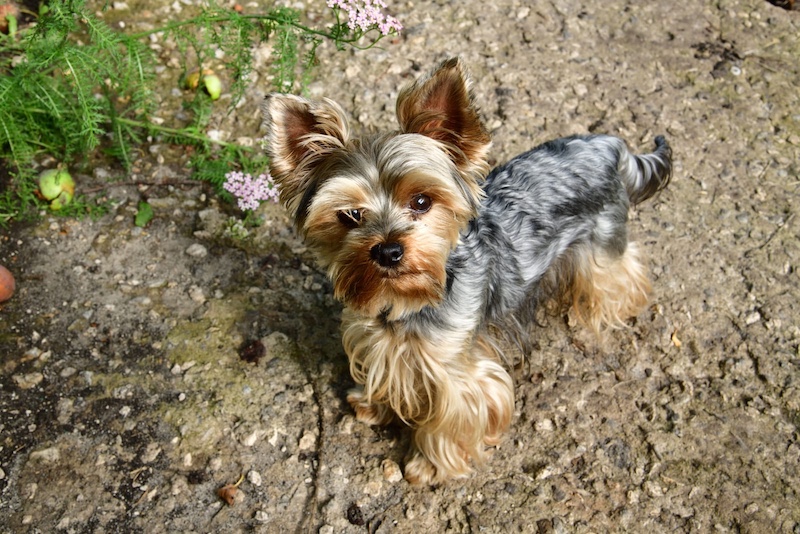
Yorkies are smart but can be headstrong. Their small size means they have to go more frequently, and accidents indoors can go unnoticed. They also tend to get distracted easily, making consistent training crucial.
Pomeranian
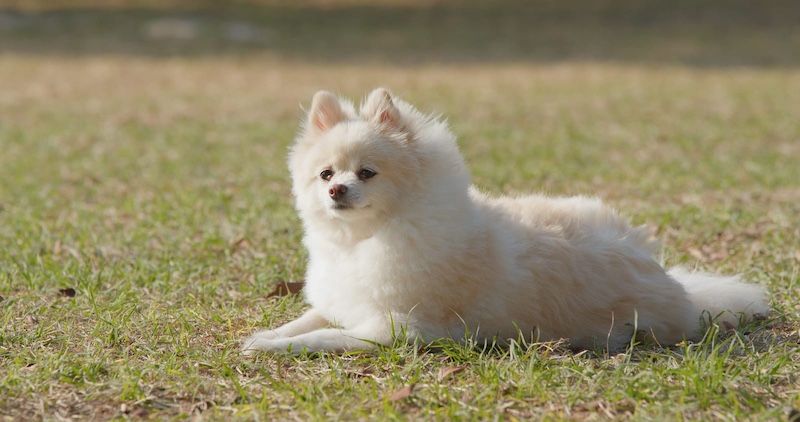
These fluffy little dogs are adorable but often difficult to house train. Pomeranians are alert and sometimes bossy, which can interfere with training if they’re not taken seriously from the start. Their tendency to bark and demand attention can also make it harder to establish a calm, consistent training routine.
Afghan Hound
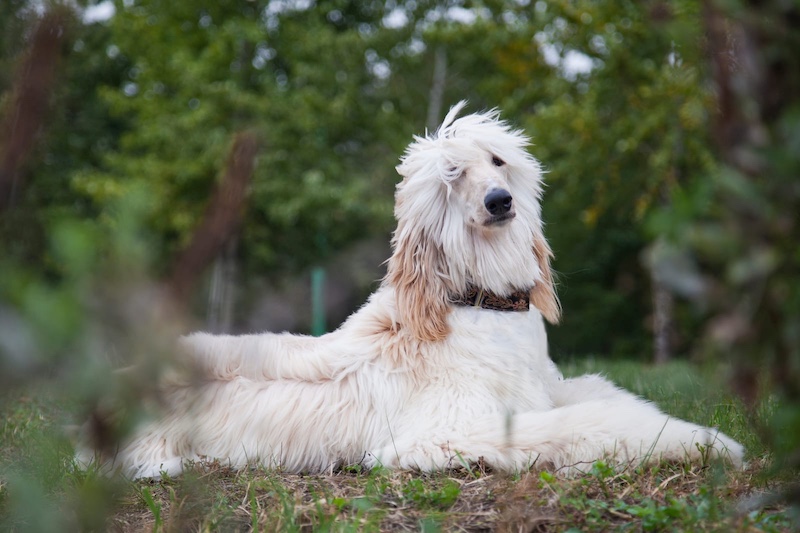
Afghan Hounds are elegant, aloof, and very independent. They don’t always see the point of training and may resist house training efforts. Patience and persistence are key with this breed, as their strong-willed nature often requires extra time to build trust and cooperation.
Beagle
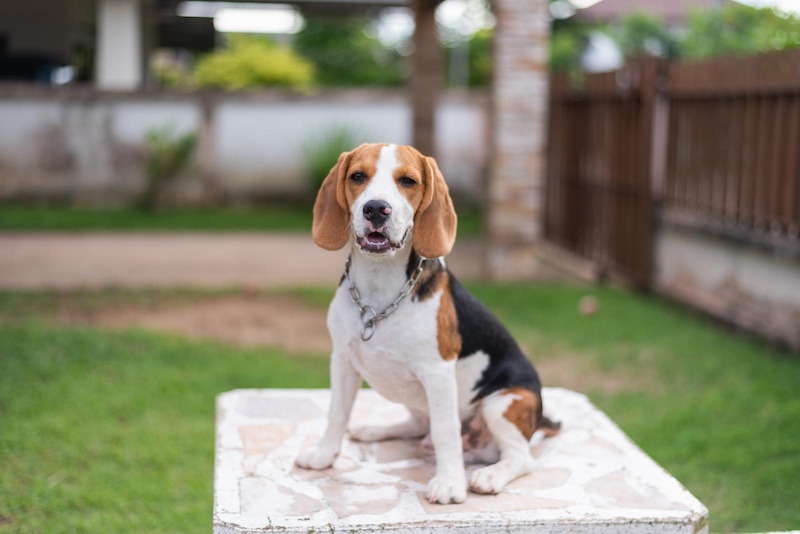
Beagles are scent hounds with strong instincts to follow their noses. Their single-mindedness and occasional stubbornness can interfere with house training. They do best with structured routines and clear boundaries.
Italian Greyhound
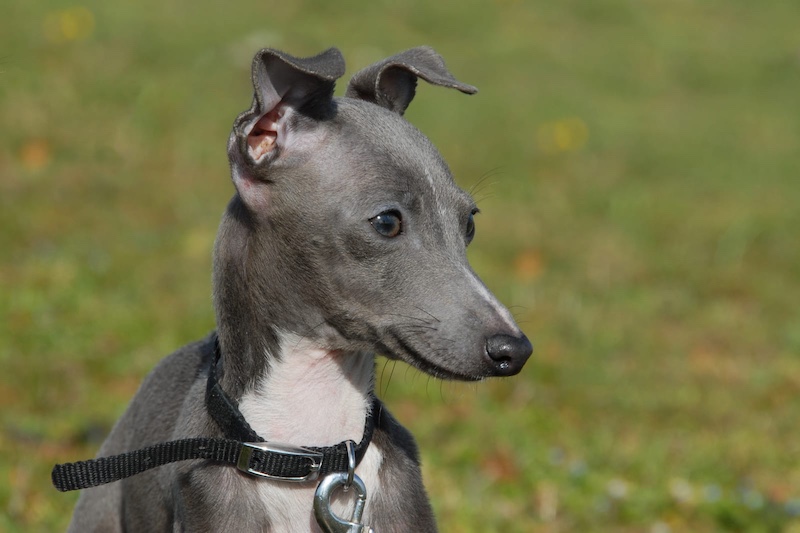
These dainty dogs are highly sensitive and dislike the cold, making them reluctant to go outside. They’re also prone to nervous accidents, so gentle handling and positive reinforcement are essential. Their delicate nature means that harsh discipline can easily set back progress and damage their confidence.
- Please Note: This content was created with the assistance of AI and thoroughly edited by a human before publishing.

